To make greater progress toward seafood that is both environmentally and socially responsible, we are proud to announce the revised Guidelines for Supporting Fishery Improvement Projects (FIPs).
The revisions include new economic responsibility and financial viability guidance, as well as new provisions requiring FIPs to comply with the FisheryProgress Human Rights and Social Responsibility Policy or an equivalent approach.
A fishery improvement project (FIP) is a multi-stakeholder effort to address environmental or social challenges in a fishery. These projects harness the power of the private sector to incentivize positive changes toward sustainability. Suppliers, retailers, and food service companies can support the efforts of their source fisheries by participating in or buying products from FIPs.
The Alliance supports the efforts many fisheries are making to improve the sustainability of their seafood products. In 2012, the Alliance released its first set of Guidelines for Supporting Fishery Improvement Projects with the expectation that the Guidelines would need to evolve over time. Since then, the number of FIPs around the world has increased substantially.
Based on feedback from the Alliance community as well as industry and fishery stakeholders, the Alliance updated the FIP Guidelines in March 2015 to recognize advances in the FIP landscape. It revised the Guidelines again in 2019 to encourage FIPs to address social challenges within their fisheries, and again in 2021 and 2022 to further encourage FIPs to uphold labor rights and embrace social responsibility, economic responsibility, and financial viability.
You can download the Guidelines below in Bahasa Indonesia, English, French, Japanese, and Spanish.* For your convenience, we’ve also included a text-only version.
The FIP Guidelines are the foundation for FisheryProgress.org, a one-stop shop for reliable information about FIP progress. FisheryProgress.org gives buyers consistent, verified information they need to make decisions about whether FIPs meet their sustainable seafood commitments. The website makes it possible for FIPs of any size or scope to connect with potential buyers, making sourcing from FIPs easier than ever.
* Please note, that the FIP Guidelines were originally written in English and subsequently translated. In case of a discrepancy, the English version prevails.
Lasting change requires collective action: Join us!
In 2021, the Alliance began a year and a half long process to revise the Guidelines. The FIP Guidelines revision process was led by a ten-person Working Group of Alliance Global Hub members selected with a focus on diversity of expertise and experience. Their recommendations were shared with the responsible seafood movement in four separate periods, with presentations held in English, Spanish and Indonesian. After extensive debate and discussion at the Working Group level and nearly 250 comments from roughly 40 organizations, businesses, coalitions, and individuals, the Guidelines are now being shared publicly to demonstrate widespread support and alignment for this framework for fisheries improvement.
Download the Guidelines for Supporting Fishery Improvement Projects
Signatories
The following signatories express their support for the Guidelines for Supporting Fishery Improvement Projects.
Companies that buy and sell seafood: These signatories have committed to using the Guidelines as the foundation of FIPs they’re part of and, whenever possible, source from FIPs that align with the Guidelines.
- Australis Aquaculture
- Blue Ocean Mariculture
- GNexTT
- The Happy Seafood Company
- Iberostar Hotels and Resorts
- Lusamerica Foods
- Organic Ocean Seafood
- Premier Catch
- Seafood Market SA
- SmartFish Comercializadora
- Tri Marine
Organizations that participate in FIPs or provide guidance to businesses sourcing from FIPs: These signatories have committed to using the Guidelines as the foundation of their FIPs and promoting FIPs that align with the Guidelines.
- Anderson Cabot Center for Ocean Life at the New England Aquarium
- AP2HI
- Blue Bridge Consulting
- Blue Ventures
- CeDePesca
- Comunidad y Biodiversidad (COBI)
- Conservation International
- FishWise
- Future of Fish
- Global Seafood Alliance
- Mar y Comercio
- Marine Mammal Center
- Masyarakat dan Perikanan Indonesia (MDPI)
- New England Aquarium
- Ocean Outcomes
- Ocean Wise Seafood
- OPAGAC
- Paiche
- Pronatura Noroeste
- Qingdao Marine Conservation Society
- SmartFish Rescate de Valor, AC
- Umito Partners
- World Wildlife Fund – US
- Yayasan Konservasi Alam Nusantara
Individuals, precompetitive collaborations, and other businesses and organizations: These signatories have expressed their support for the Guidelines and willingness to promote them.
- FishChoice
- FISH Safety Foundation
- Fisheries Transparency Initiative
- Kate Barclay
- Sazedul Hoque, Patuakhali Science and Technology University
- Scaling Blue
- ThinkAqua
- Vericatch

